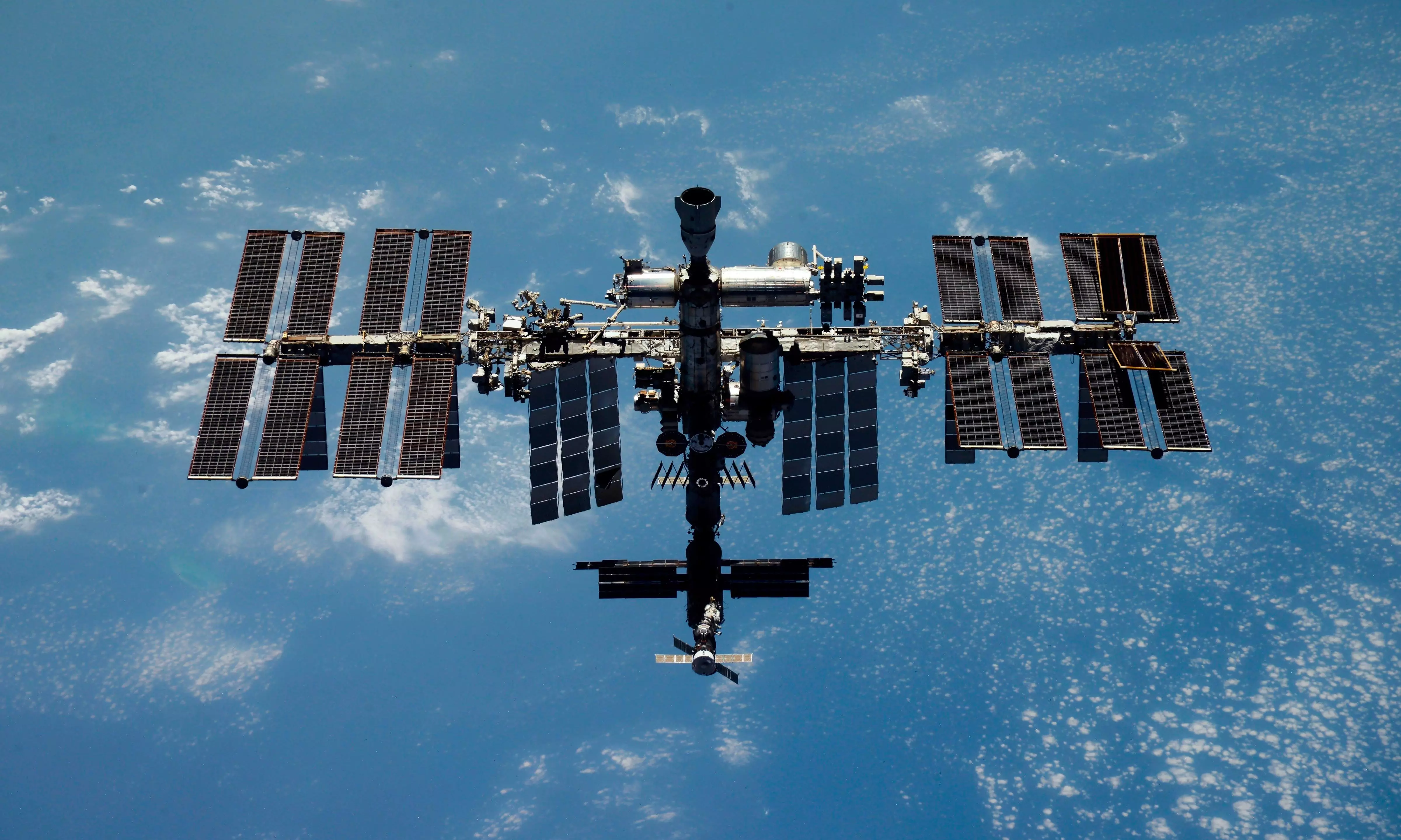
Hyderabad: A multidrug-resistant pathogen known as a “superbug” has been found on the International Space Station (ISS), which has sparked “health concerns” for astronauts.
A common nosocomial pathogen, Enterobacter Bugandensis has been found on ISS surfaces. In its release on April 16, this year, NASA said, “In a new scientific paper funded by an Ames Space Biology grant, Principal Investigator Dr. Kasthuri Venkateswaran of NASA’s Jet Propulsion Laboratory strains of the bacterial species Enterobacter Bugandensis isolated from the International Space Station (ISS) were studied.”
Indian-origin Sunita Williams, 58, set out on her third space mission alongside Wilmore, 61, on Thursday, June 6. This historic moment commemorated the first trip to the International Space Station (ISS) with a Boeing Starliner spacecraft. Wilmore takes on the position of mission commander, with Williams acting as the pilot for the flight test.
Findings:
Because of their altered immune systems and restricted access to healthcare facilities, astronauts face particular health difficulties in space. To assess the ISS’s influence on astronaut well-being, the researchers said it is essential to understand the microbiological environment there.
– “The current study emphasizes the critical need to investigate the pathogenic potential of microorganisms in space environments to safeguard astronaut health and mitigate the risks associated with opportunistic pathogens,” news agency PTI quoted IIT-M statement from a release.
– With an emphasis on Enterobacter Bugandensis, researchers carried out a thorough study to examine the metabolic, functional, and genomic improvements of multidrug-resistant pathogens.
– The study emphasizes how vital it is to look into the pathogenic potential of microorganisms in space settings in order to safeguard astronaut health and reduce the danger of opportunistic pathogens.
– The study’s findings have promising applicability in controlled Earth environments, including critical care units in hospitals, where multidrug-resistant pathogens pose serious problems.
– Comprehending the genetic modifications of multidrug-resistant E. Bugandensis can aid in the development of focused antimicrobial treatments.
– Strategies for controlling microbial contamination in enclosed spaces like spacecraft and hospitals can be guided by understanding the persistence and succession patterns of E. Bugandensis in space, according to the research.
Concerns:
NASA cited another study about E. Bugandensis that emphasized the importance of the International Space Station (ISS) as a representation of human accomplishment in space travel.
Microorganisms inhabit a unique niche in the space station, in spite of its controlled environment, which is characterized by microgravity, elevated carbon dioxide levels, and enhanced solar radiation.
These microbiological inhabitants have a significant effect on the health and well-being of the astronauts on board. Enterobacter Bugandensis is frequently identified in clinical samples, including the human gastrointestinal system. It has been reported that this bacteria has pathogenic properties and may be responsible for a number of diseases.






